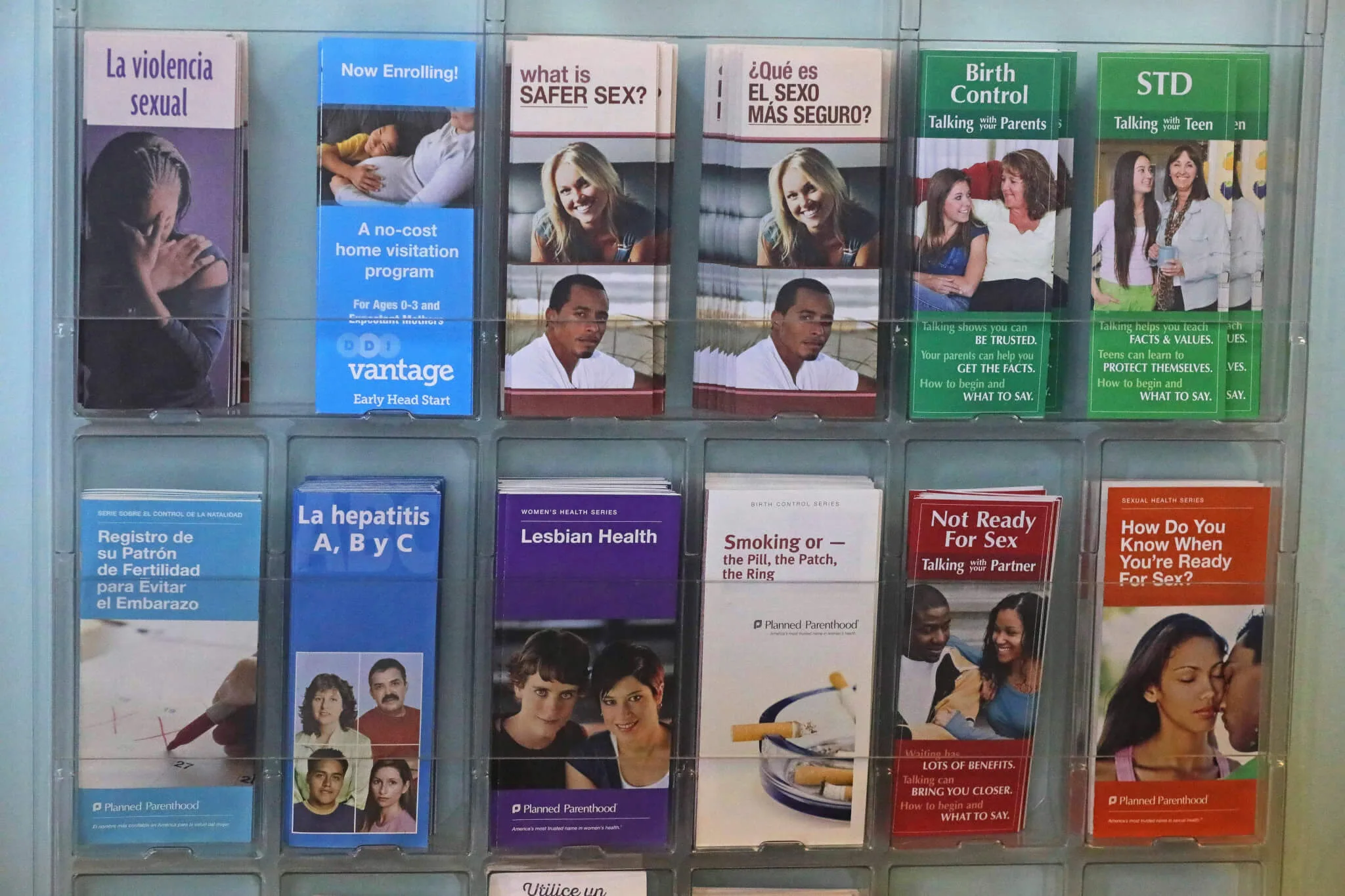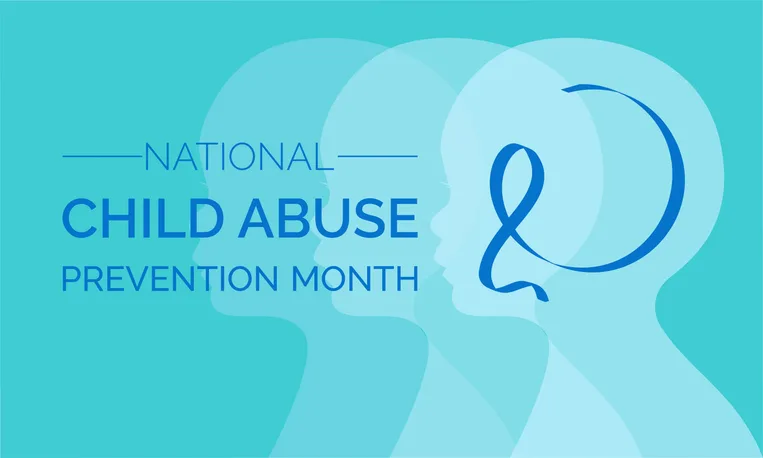
AP Photo/Rick Bowmer
Arizona’s new governor released her budget proposal earlier this month and has made her priorities clear, with millions allocated toward helping women and families in the state.
Gov. Hobbs’ budget, released Jan. 13, will allocate $6.1 million toward expanding family planning services to low-income women. The increase would more than double the program’s current funding, with an annual total of over $12 million.
Expanding Access to Vital Services
The program, Title X Family Planning Program, is a federal grant program created in 1970 to provide varying types of family planning and health services targeted toward groups such as low-income women. Affirm, a long-standing non-profit, is the only organization to receive the funding in Arizona since 1983, said Affirm CEO Bré Thomas.
The additional $6.1 million to Title X through Arizona’s proposed budget will increase care for at least another 30,000, Thomas said. In 2021, Affirm applied for “well over” $11 million to “actually meet the need in Arizona.” However, they only received $6.1 from the federal government, which caused them to scale back, Thomas said.
RELATED: Here’s Katie Hobbs’ Plan to Improve Education and Save Taxpayers Money
Services from the program include providing contraception methods, such as birth control pills and condoms, as well as education and counseling services surrounding all Food and Drug Administration-approved birth control methods. Sexually transmitted infections testing and treatments, breast and cervical cancer screenings, pelvic exams, pap smears, basic infertility screenings, and emergency contraception services are also provided.
Funding for Abortion Services Prohibited
Through Title X, pregnancy testing, counseling, and further referral services are provided, such as prenatal care and mental health counseling. Affirm is also mandated by federal law to provide information on abortion care, Thomas said.
However, due to another federal law, the organization is unable to pay for abortion care. Instead, Affiirm is “mandated to give folks actual scientific, non-judgemental information on abortion and abortion care,” Thomas said.
RELATED: How Voters Stopped a Total Abortion Ban in Arizona
Despite abortion care not being provided through Title X, people often hold that misconception.
“People think family planning is synonymous with abortion, it is not,” Thomas said. “Abortion is a part of reproductive life, reproductive health care, but it is not something we’re able to pay for, nor do we, nor have we ever.”
A Lifeline for Under-Insured Arizonans
While the program has historically benefitted low-income women, others can also receive services through the program. In fact, only 78% of people assigned female at birth are Affirm’s Title X clients, according to their 2021 annual report.
Affirm can also provide services to people who can become pregnant or cause a pregnancy, low-income individuals, Indigenous communities, and people without health insurance or limited insurance. While the uninsured is a target demographic, they only made up 38% of the clients based on insurance type in 2021.
People under the age of 18 can also receive care through Affirm, such as birth control or STI testing, which they do not need parental consent for.
RELATED: ‘Rent is Too High’: Progressives in Congress Urge Biden to Act on Corporate Price Gouging
Affirm works with healthcare providers across the state to “do the work and then we oversee them,” Thomas said. “Which is monitoring and oversight.”
There are 12 sub-recipients, which include community health centers, nonprofits, and county health departments, that Affirm contracts with. Then, there are 56 clinics through the sub-recipients, Thomas said.
This is also the first time that Arizona has ever allocated state funds toward Title X, despite many other states doing so to meet demand.
“There’s only a handful of states that provide zero state general funds and we are one of them,” Thomas said. “It’s not like adding state dollars to a family planning program is unique or new. A lot of states do it.”
Looking for the latest Arizona news? Sign up for our FREE daily newsletter.
Politics

6 terrifying things that could happen if the Comstock Act is used to target abortion
Does 1873 sound like a really, really long time ago? Well, that’s because it is—but if Republicans and far-right anti-abortion activists have their...

He said what? 10 things to know about RFK Jr.
The Kennedy family has long been considered “Democratic royalty.” But Robert F. Kennedy, Jr.—son of Robert F. Kennedy, who was assassinated while...
Local News

Opinion: Strategies for Child Abuse Prevention
11 ways you can be an ally in the fight against child abuse. April is Child Abuse Prevention Month. In the United States, it is estimated that a...

Biden marks Earth Day by announcing $7 billion in solar grants
The Biden administration on Monday announced the recipients of its Solar For All Program, a $7 billion climate program that aims to lower energy...




